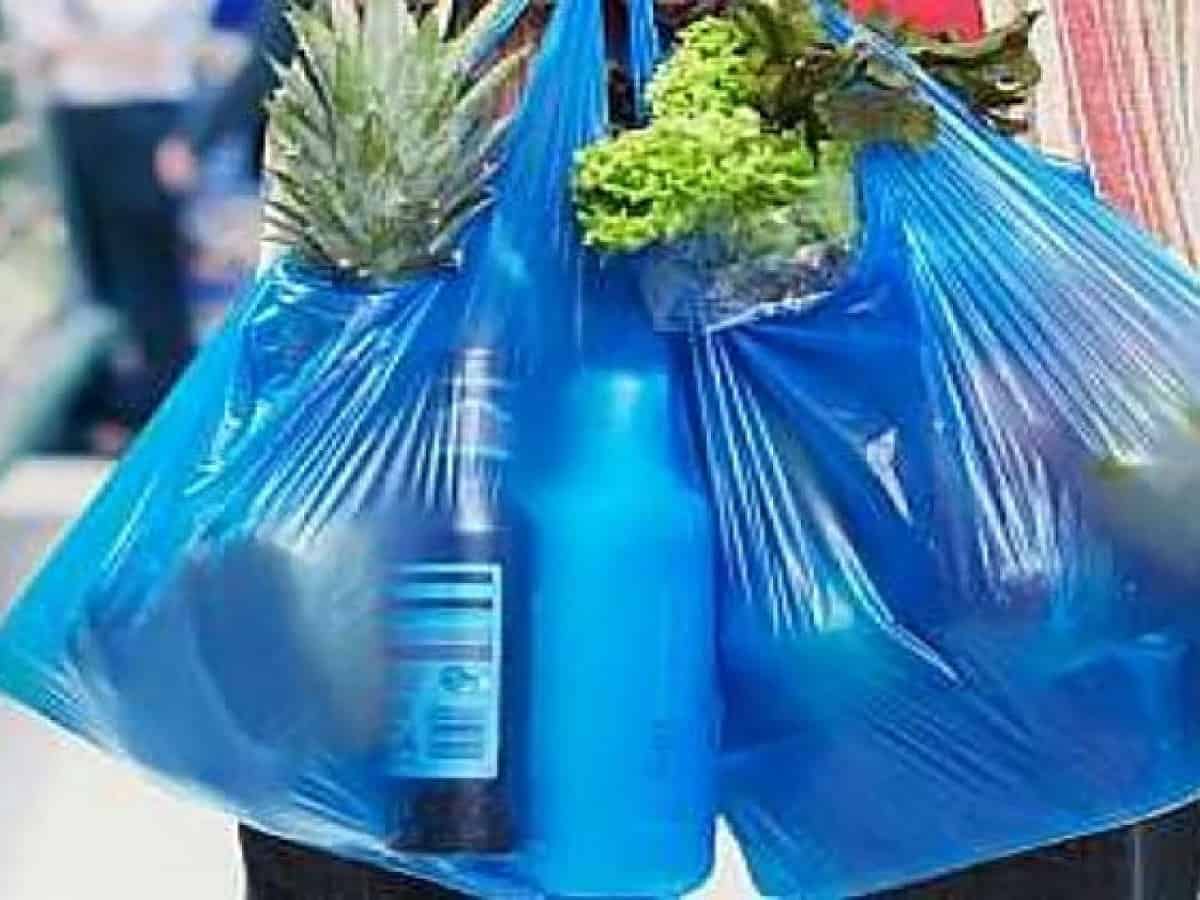
Abu Dhabi: A ban on the single-use of plastic products in the United Arab Emirates (UAE) capital Abu Dhabi came into effect from Wednesday, June 1, in its bid to encourage the use of reusable products.
The Environmental Agency – Abu Dhabi’s (EAD) explained that the aim of the decision is to support the emirate’s efforts towards achieving an environmentally friendly future, the Emirates News Agency (WAM) reported.
EAD is implementing measures to reduce demand for about 16 single-use plastic products that include cups, stirrers, lids and cutlery.
It will also phase out single-use styrofoam cups, plates and food containers by 2024.
Ban decision excludes
- Bags used by pharmacies for medicines
- Thin plastic bags kept on a roll in supermarkets for vegetables, meat, fish, chicken, grains and bread
- Large shopping bags designed for fashion or electronic gadgets
- Toys
- Waste bags
- Bags for keeping messages, postal parcels, magazines and newspapers
- Bags for transporting plants, flowers and laundry
The ban on the use of single-use plastic bags was announced on April 6, as part of the implementation of the integrated policy for single-use plastics launched by the Environment Agency – Abu Dhabi in 2020.
Dubai, has also announced it is ending the free provision of single-use plastic bags.
On February 7, 2022, the Executive Council of Dubai also announced a tariff on single-use bags. The policy will come into effect on July 1, 2022, in all stores operating in Dubai, including restaurants, pharmacies and e-commerce deliveries.
As per media reports the World Government Summit in February 2019 shared the figures, UAE consumes 11 billion plastic bags annually, which is equivalent to 1182 plastic bags annually at the individual level. This is considered a very high rate compared to the global average of about bags per capita annually.
Plastic bags known as one of the most problematic types of garbage, polluting streets and waterways and harming birds and marine creatures.



